How To Get Rid Of Laryngitis – 12 Remedies & Prevention Tips
Get your voice back and heal your inflammation with easily accessible remedies.
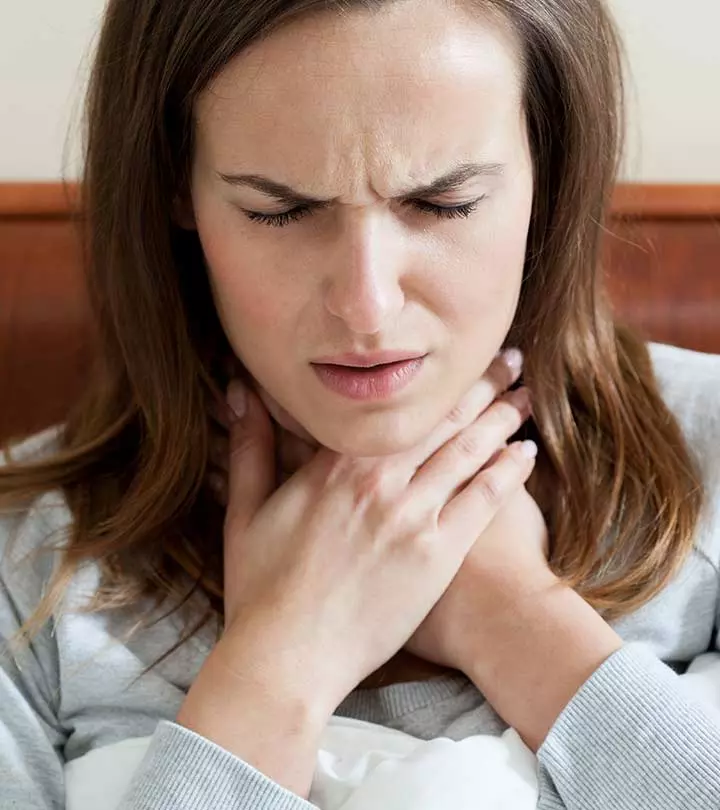
Image: Shutterstock
If you wake up with a hoarse voice the next morning, chances are you have laryngitis. In this article, we list some home remedies so that you know how to get rid of hoarseness caused by laryngitis naturally and effectively. Laryngitis develops when your vocal cords become inflamed from constant use, irritation or infection. Even something as simple as cheering loudly during your favorite football match or singing along to your favorite song loudly can give you laryngitis. Keep scrolling for more information and some easy home remedies!
In This Article
What Is Laryngitis?
Inflammation of the vocal cords, called larynx, causes a throat disorder known as laryngitis. It is usually caused by excessive strain, infection, or irritation of the vocal box. When laryngitis lasts for a short period (2-3 weeks), it is referred to as acute laryngitis. Chronic laryngitis is when the inflammation lasts longer.
Any kind of stress on the vocal cords may cause laryngitis. The leading causes of laryngitis are outlined below.
Key Takeaways
- Apple cider vinegar, lemon and honey, ginger, and juices are a must to reduce inflammation, microbial reactions, and provide pain relief properties.
- Drink plenty of water to keep hydrated. Aloe vera juice is effective to treat acid reflux.
- Avoid alcohol, smoking, and spicy and fried food consumption. Maintain distance from irritants, wood dust, and chemical fumes.
- Consume a balanced diet consisting of fruits, vegetables, and vitamins.
What Causes Laryngitis?
- Viral infection like cold or flu
- Excessive talking or yelling
- Irritation due to smoke or allergens
- Acid reflux (GERD)
- Bacterial infections
- Drinking too much alcohol
T. C. Hale, a Youtuber, shared in one of his vlogs how he eventually got back his voice after he had lost it to chronic laryngitis for 8 years. Highlighting the role of acid reflux in the condition, he points out from his personal experience: “If you have laryngitis, it is very likely that acid reflux is at least a contributing factor (i).” The underlying cause of his laryngitis was acid reflux and H. pylori infection.
 Trivia
TriviaSymptoms Of Laryngitis
- Dry cough
- Weak voice or loss of voice
- Dry or sore throat
- Irritation or tickle in the throat
- Trouble swallowing
Note:
A physical examination is usually required for diagnosis, and laryngoscopy to view the vocal cords may be part of the process.
Now that the causes and symptoms are clear, let us look at the home remedies that you can use to get quick relief from laryngitis.
Home Remedies To Get Rid Of Laryngitis
1. Apple Cider Vinegar
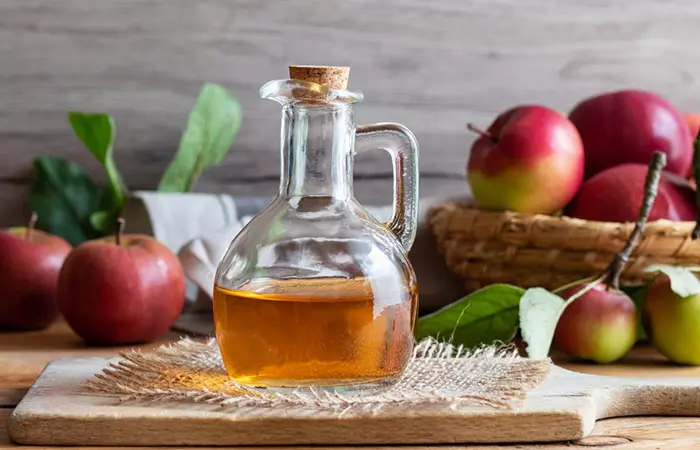
Apple cider vinegar exhibits antimicrobial properties (1). Thus, it may treat laryngitis caused due to infections. ACV is also touted to have anti-inflammatory properties, which may help reduce the swelling of the voice box.
You Will Need
- 2 tablespoons apple cider vinegar
- 1 teaspoon honey
- A glass of water
What You Have To Do
- Mix the ACV and honey with water and drink this solution.
- Alternately, dilute a tablespoon of ACV in a glass of warm water.
- Gargle with this solution.
How Often You Should Do This
Do this 2-3 times a day.
2. Ginger
Ginger exhibits potential antimicrobial activities (2). This may help in treating the infection in the throat.
You Will Need
- A piece of ginger root
- Water
What You Have To Do
- Cut the ginger root into thin slices.
- Cover it with some water and boil it for 10 minutes.
- Strain the liquid and allow it to cool down to room temperature.
- Drink a teaspoon of this decoction.
How Often You Should Do This
Do this 3-4 times a day.
3. Aspirin
Aspirin possesses analgesic properties (3), (4). This medication gives relief to pain from laryngitis.
You Will Need
- 1 aspirin tablet
- 8 oz. warm water
What You Have To Do
- Dissolve the aspirin in a glass of warm water and gargle with this solution for 3-4 minutes.
- Rinse your mouth with plain water after this.
How Often You Should Do This
Do this 2-3 times a day.
4. Lemon And Honey
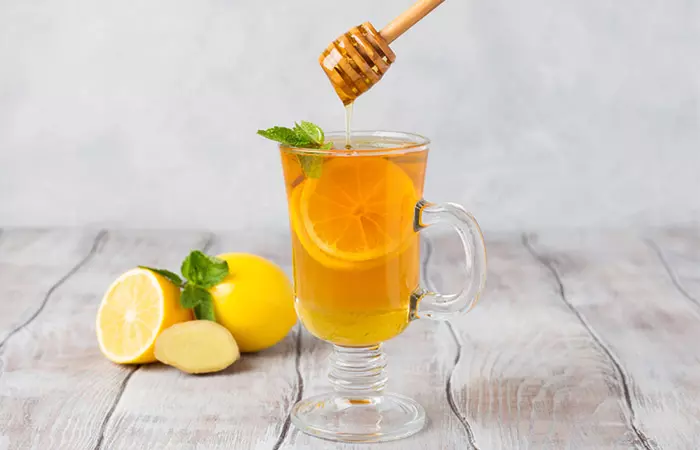
Honey possesses astringenti The property of a substance used in hair and skin care products that contracts the tissues and cells by removing water. property (5). It may be beneficial in soothing a sore throat. Lemon juice exhibits antimicrobial properties (6). This may help clear out the throat infection. The remedy may also help if you are wondering how to stop coughing if it is triggered by any other respiratory tract issues.
You Will Need
- 1 tablespoon honey
- 4-5 drops lemon juice
What You Have To Do
- Add lemon juice to the honey and mix well.
- Ingest this mixture.
How Often You Should Do This
Do this 2 times a day.
5. Juices
a. Pineapple Juice
Pineapple juice contains an active enzyme called bromelain.
This enzyme possesses anti-inflammatory properties (7). This may help in reducing the swelling and excess mucus.
You Will Need
Pineapple juice
What You Have To Do
Drink a cup of fresh pineapple juice (at room temperature).
How Often You Should Do This
Do this once a day.
b. Aloe Vera Juice
Acid reflux or GERDi Gastroesophageal Reflux Disease (GERD) occurs when stomach acids frequently flow back into the food pipe and irritate its lining. is a common cause of laryngitis, especially the chronic type.
Aloe vera juice
may provide a safe and effective treatment for reducing the symptoms of GERD (8).
You Will Need
- 1 oz. aloe vera juice
- 2 oz. water
What You Have To Do
Dilute the aloe vera juice and drink a cup of this.
How Often You Should Do This
Do this multiple times a day.
6. Onion
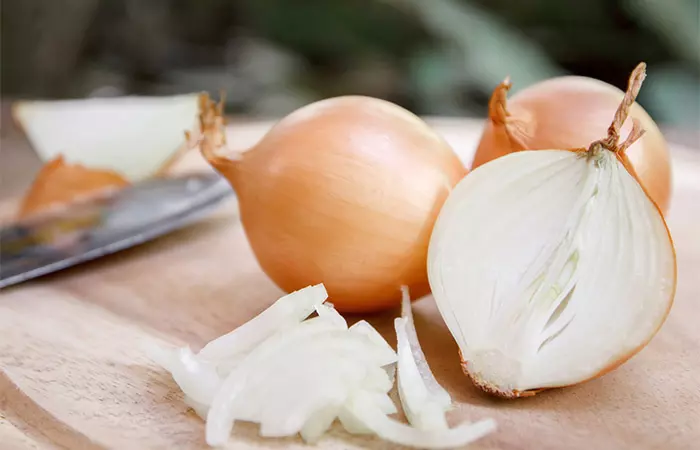
Onion possesses expectorant properties (9). This may be utilized to treat laryngitis and obtain relief from a cough and mucus.
You Will Need
- 3-4 medium-sized onions
- 4 cups water
- A glass of warm water
- 1 tablespoon honey
- A few drops of lemon juice
What You Have To Do
- Cut the onions into small pieces.
- Simmer these in the four cups of water until the mixture thickens to a syrup-like consistency.
- Add 2-3 tablespoons of the syrup to a glass of tepid water.
- Add honey and lemon to the mixture.
- Drink it slowly.
How Often You Should Do This
Have this concoction 1-2 times a day.
7. Eucalyptus Essential Oils
Eucalyptus essential oil possesses antimicrobial and anti-inflammatory properties
(10). This may help in relieving laryngitis symptoms.
You Will Need
- 4-5 drops eucalyptus oil
- A bowl of hot water
- A large towel
What You Have To Do
- Add the eucalyptus essential oil to the water bowl.
- Cover your head with a towel and inhale the steam from the bowl for about 10 minutes.
How Often You Should Do This
Do this 2 times a day.
8. Salt Water
Gargling with warm salt water may kill bacteria and viruses in the throat and mouth (11). This may help in treating laryngitis.
You Will Need
- 1/2 teaspoon salt
- A glass of warm water
What You Have To Do
- Add the salt to the warm water glass and mix it.
- Gargle with this.
How Often You Should Do This
Do this 3-4 times in the day.
Note: Too much salt may irritate the throat further. Hence, it is important to use only the recommended amount of salt.
9. Garlic
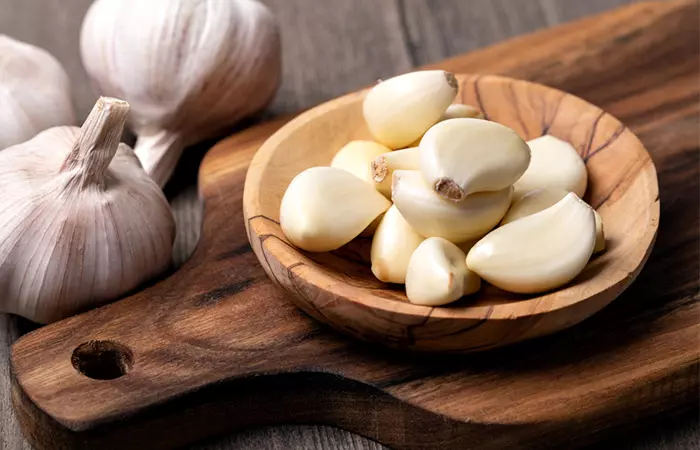
Garlic contains a compound called allicini An oily substance present in garlic that gives it its characteristic odor and color and possesses antibacterial properties. that possesses antimicrobial properties (12). This may help in treating laryngitis.
You Will Need
1 garlic clove
What You Have To Do
- Cut the garlic into two pieces and place one on each side of the mouth.
- Slowly suck the juice from these pieces.
- Spit them out after a few minutes and rinse your mouth with tepid water or plain water.
How Often You Should Do This
Do this a few times a day.
10. Licorice Root
Licorice root exhibits antimicrobial and antiviral properties (13). These properties may help in treating laryngitis.
You Will Need
- 1 teaspoon dried licorice root
- 1-1 1/2 cups water
What You Have To Do
- Boil the licorice root in water for 3-5 minutes.
- Strain and drink this freshly prepared licorice herbal tea.
How Often You Should Do This
Do this 2-3 times a day.
Note: Do not follow this remedy if you have blood pressure issues or any other major diseases.
11. Mullein Herb
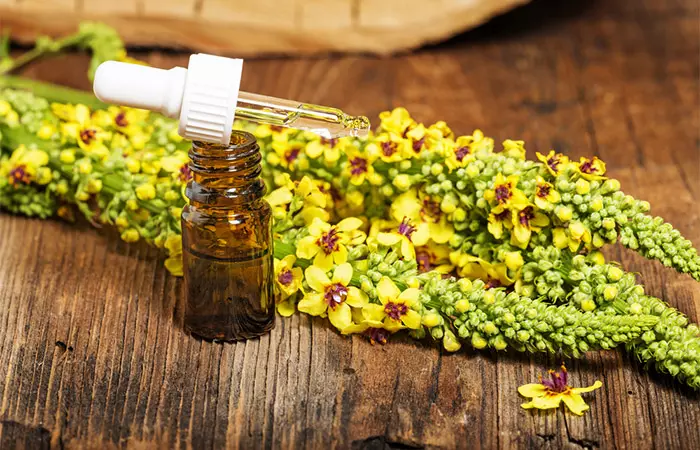
Mullein herb has anti-inflammatory properties (14). This may be helpful in treating sore throat and reducing inflammation.
You Will Need
- 1-2 teaspoons dried mullein flowers
- 1 cup boiling water
What You Have To Do
- Steep the mullein herb for 10 minutes in hot water.
- Strain the tea and drink it slowly.
How Often You Should Do This
Do this 2-3 times a day.
Note: Before starting any new home remedy, always get medical advice, especially if you have underlying medical conditions.
12. Slippery Elm
Slippery elm contains mucilage, a gel-like substance. This coats the throat internally and may relieve inflamed or irritated tissues (15).
You Will Need
- 2 tablespoons slippery elm
- 1 cup water
What You Have To Do
- Bring the water to a boil and add the slippery elm herb to it.
- Simmer this mixture for 10-12 minutes.
- Have 1-2 tablespoons of this syrup/gel.
How Often You Should Do This
Repeat 2-3 times a day.
Note: This remedy is not recommended for pregnant women and breastfeeding mothers.
 Fun Fact
Fun FactApart from the natural remedies mentioned above, there are some other treatment options for laryngitis you can go for. Scroll down to know what they are.
Other Treatment Options For Laryngitis
Here is a list of some other treatments for laryngitis:
- Antibiotics: If your laryngitis is due to bacterial infection, your healthcare provider may prescribe you some antibiotics.
- Corticosteroids: These may provide relief from the inflamed and swollen uvula and vocal cords. These are prescribed to treat both acute and chronic cases.
- Antifungal Medications: If your laryngitis is due to yeast infection, then your healthcare provider prescribes you antifungal medications.
- Voice Rest: Resting the voice is essential for laryngitis recovery. Whispering and not speaking puts less tension on the vocal cords, which aids in their recovery. During this time, consider communicating by text or pen and paper.
Additionally, you can suck on lozenges and use a humidifier or inhale steam to reduce dryness.
Laryngitis Prevention Tips
- Drink a lot of water every day. This may keep the throat hydrated and help in easy clearance of the mucus.
- Avoid spicy and fried foods as much as possible. These may easily irritate the tissues in the throat and also cause acid reflux.
- Do not smoke.
- Stay away from irritants, like pollen, wood dust, chemical fumes (like paint fumes), etc.
- Decrease your alcohol and caffeine intake as these may cause fluid loss from the body and dehydrate it.
- Follow a healthy diet that consists of plenty of fruits, veggies, and whole grains that contain vitamins A, C, and E.
- Wash hands before eating.
- During dry weather conditions, use a humidifier to keep the environment inside the home moist enough.
- If you have a job that involves you speaking aloud a lot, voice and speech therapy might help heal vocal cord swelling and prevent laryngitis.
Infographic: 7 Effective Home Remedies For Laryngitis
Although the symptoms of laryngitis typically subside within a week, it can be disheartening to go about with a croaky voice and burning throat. Refer to the infographic below for a few of the best home remedies and teas to help alleviate laryngitis. Choose the one that suits you best and makes you feel comfortable.

Illustration: StyleCraze Design Team
Laryngitis refers to an inflammation of the vocal cords and may be either acute or chronic in nature. Strain, irritation, or an infection can lead to laryngitis. It usually presents as a dry cough, sore or irritated throat, difficulty swallowing, and weakened voice. You may use apple cider vinegar, lemon, and honey, aspirin, garlic, eucalyptus essential oil, or fresh ginger to combat the symptoms of laryngitis at home. Pineapple or aloe vera juice may also be beneficial if acid reflux is responsible for irritating the throat. You may expect to get relief from acute laryngitis within a week. If the symptoms persist for over two weeks, you should seek medical guidance to identify the underlying cause of laryngitis and treat it effectively.
Frequently Asked Questions
Is laryngitis contagious?
If the laryngitis is caused due to an infection, it may be contagious. Maintain personal hygiene to avoid contracting it from an infected person.
How long does laryngitis last?
The acute form of laryngitis may last up to two weeks. If it lasts longer, you may have chronic laryngitis and might need prescribed medications to treat the causal factors.
Will laryngitis go away on its own?
Yes, laryngitis may go away on its own after a week or two if you do not strain your throat and give it a proper rest.
Does ibuprofen help laryngitis?
Though ibuprofen may not treat laryngitis completely, it may relieve throat pain to some extent.
Do I need antibiotics for laryngitis?
Antibiotics may not help treat viral infections like laryngitis. However, they may help reduce vocal chord inflammation if you have a bacterial infection.
Is it OK to talk with laryngitis?
Yes, it is okay to speak softly. However, avoid whispering, as it may irritate the larynx.
Does laryngitis produce mucus?
Yes. Excess mucus is a symptom of laryngitis.
Discover effective treatments and home remedies for laryngitis in this helpful video. Learn how to alleviate symptoms and restore your voice naturally using simple yet powerful remedies.
Personal Experience: Source
StyleCraze's articles are interwoven with authentic personal narratives that provide depth and resonance to our content. Below are the sources of the personal accounts referenced in this article.
i. Chronic Laryngitis Solved | How I Lost My Voice for 8 Yearshttps://www.youtube.com/watch?v=Ry_mGzS6JU4
References
Articles on StyleCraze are backed by verified information from peer-reviewed and academic research papers, reputed organizations, research institutions, and medical associations to ensure accuracy and relevance. Read our editorial policy to learn more.
- Yagnik, Darshna, Vlad Serafin, and Ajit J. Shah. “Antimicrobial activity of apple cider vinegar against Escherichia coli, Staphylococcus aureus and Candida albicans; downregulating cytokine and microbial protein expression.” Scientific reports1 (2018): 1-12.
https://www.ncbi.nlm.nih.gov/pmc/articles/PMC5788933/ - Islam, Kamrul, et al. “Antimicrobial activity of ginger (Zingiber officinale) extracts against food-borne pathogenic bacteria.” International Journal of Science, Environment and Technology3 (2014): 867-871.
https://www.researchgate.net/publication/286936027_Antimicrobial_activity_of_ginger_Zingiber_officinale_extracts_against_food-borne_pathogenic_bacteria - Vergne, P et al. “Aspirine, douleurs et inflammation” [Aspirin, pain and inflammation]. La Revue de medecine interne 21 Suppl 1 (2000): 89s-96s.
https://pubmed.ncbi.nlm.nih.gov/10763210/ - Vane, J R, and R M Botting. “The mechanism of action of aspirin.” Thrombosis research 110,5-6 (2003): 255-8.
https://pubmed.ncbi.nlm.nih.gov/14592543/ - Ediriweera, E. R. H. S. S., and N. Y. S. Premarathna. “Medicinal and cosmetic uses of Bee’s Honey–A review.” Ayu2 (2012): 178.
https://www.ncbi.nlm.nih.gov/pmc/articles/PMC3611628/ - Oikeh, Ehigbai I., et al. “Phytochemical, antimicrobial, and antioxidant activities of different citrus juice concentrates.” Food science & nutrition1 (2016): 103-109.
https://www.ncbi.nlm.nih.gov/pmc/articles/PMC4708628/ - Pavan, Rajendra et al. “Properties and therapeutic application of bromelain: a review.” Biotechnology research international 2012 (2012): 976203.
https://www.ncbi.nlm.nih.gov/pmc/articles/PMC3529416/ - Panahi, Yunes, et al. “Efficacy and safety of Aloe vera syrup for the treatment of gastroesophageal reflux disease: a pilot randomized positive-controlled trial.” Journal of Traditional Chinese Medicine6 (2015): 632-636.
https://pubmed.ncbi.nlm.nih.gov/26742306/ - Kumar, KP Sampath, et al. “Allium cepa: A traditional medicinal herb and its health benefits.” Journal of Chemical and Pharmaceutical Research1 (2010): 283-291.
https://www.semanticscholar.org/paper/Allium-cepa%3A-a-traditional-medicinal-herb-and-its-Kumar-Bhowmik/9f9d17e95f089a6891cba097023e530ead558ffa - Sadlon, Angela E., and Davis W. Lamson. “Immune-modifying and antimicrobial effects of Eucalyptus oil and simple inhalation devices.” Alternative medicine review1 (2010): 33-43.
https://pubmed.ncbi.nlm.nih.gov/20359267/ - Satomura, Kazunari et al. “Prevention of upper respiratory tract infections by gargling: a randomized trial.” American journal of preventive medicine 29,4 (2005): 302-7.
https://pubmed.ncbi.nlm.nih.gov/16242593/ - Ankri, Serge, and David Mirelman. “Antimicrobial properties of allicin from garlic.” Microbes and infection2 (1999): 125-129.
https://pubmed.ncbi.nlm.nih.gov/10594976/ - Wang, Liqiang, et al. “The antiviral and antimicrobial activities of licorice, a widely-used Chinese herb.” Acta Pharmaceutica Sinica B4 (2015): 310-315.
https://www.ncbi.nlm.nih.gov/pmc/articles/PMC4629407/ - Turker, Arzu Ucar, and N. D. Camper. “Biological activity of common mullein, a medicinal plant.” Journal of ethnopharmacology2-3 (2002): 117-125.
https://pubmed.ncbi.nlm.nih.gov/12241986/ - Watts, Christopher R. “Slippery elm, its biochemistry, and use as a complementary and alternative treatment for laryngeal irritation.” American Journal of Physiology, Biochemistry and Pharmacology1 (2012): 17-23.
https://www.researchgate.net/publication/265058434_Slippery_Elm_its_Biochemistry_and_use_as_a_Complementary_and_Alternative_Treatment_for_Laryngeal_Irritation
Read full bio of Dr. Thomas Connelly
Read full bio of Sucharita Mishra
Read full bio of Arshiya Syeda
Read full bio of Moksha Gandhi







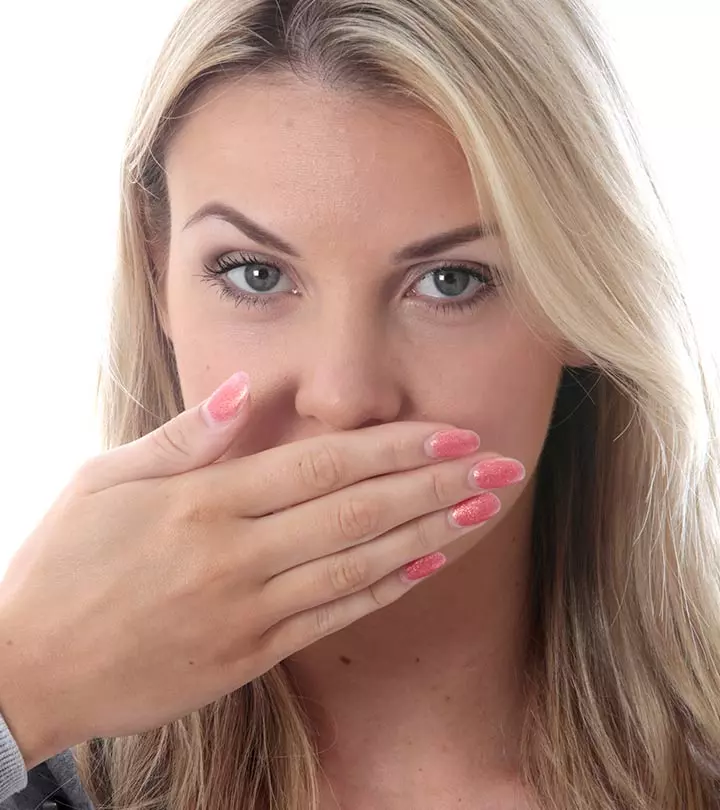

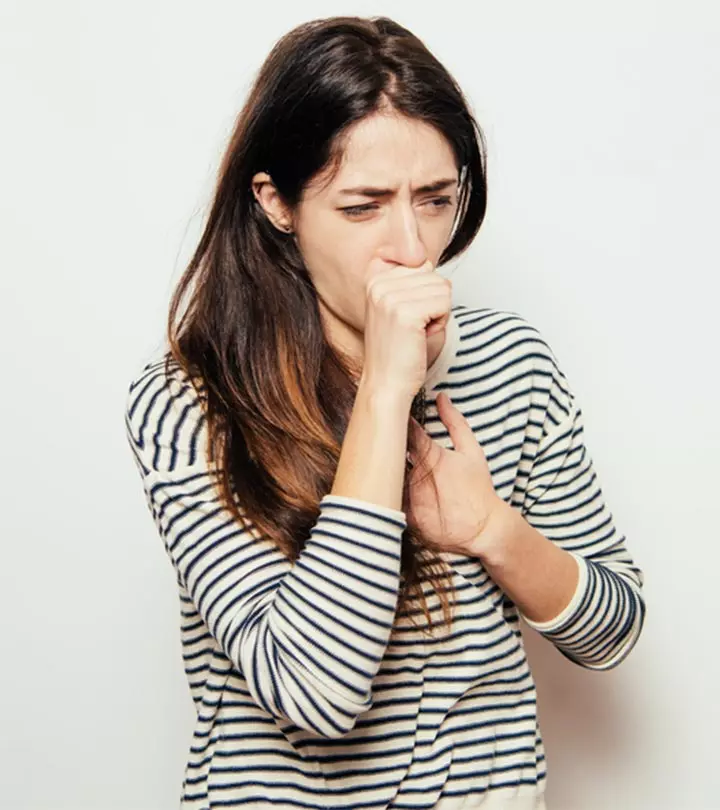



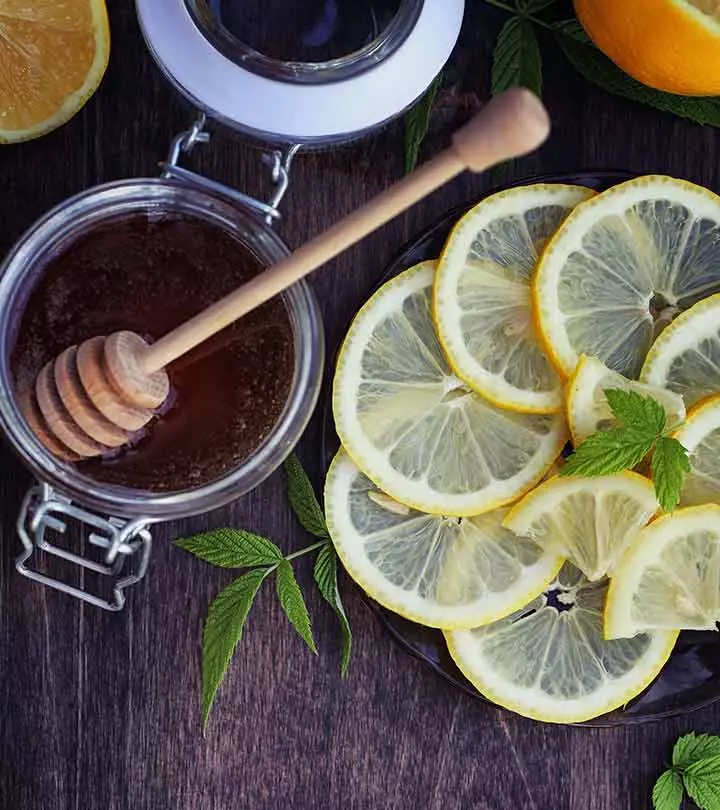
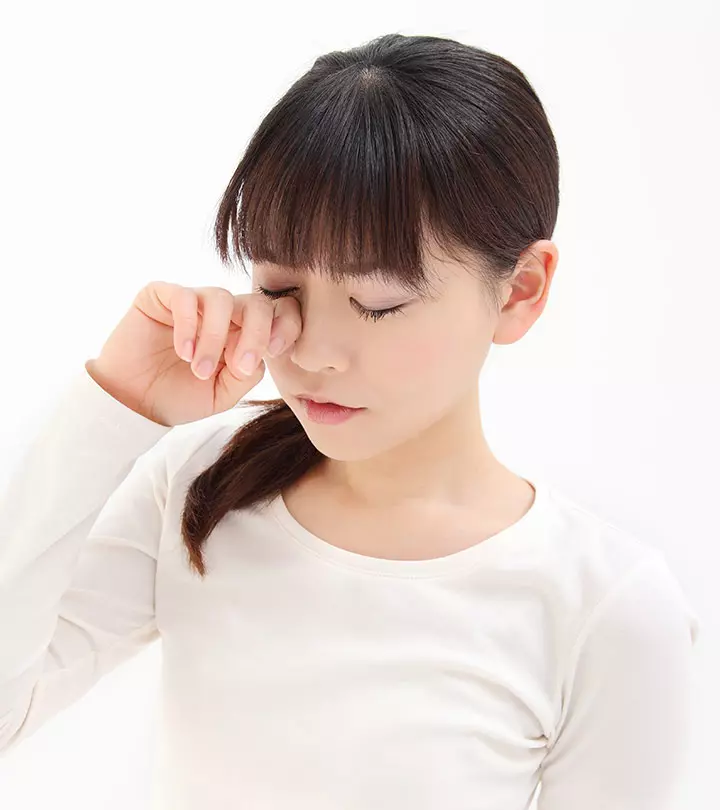
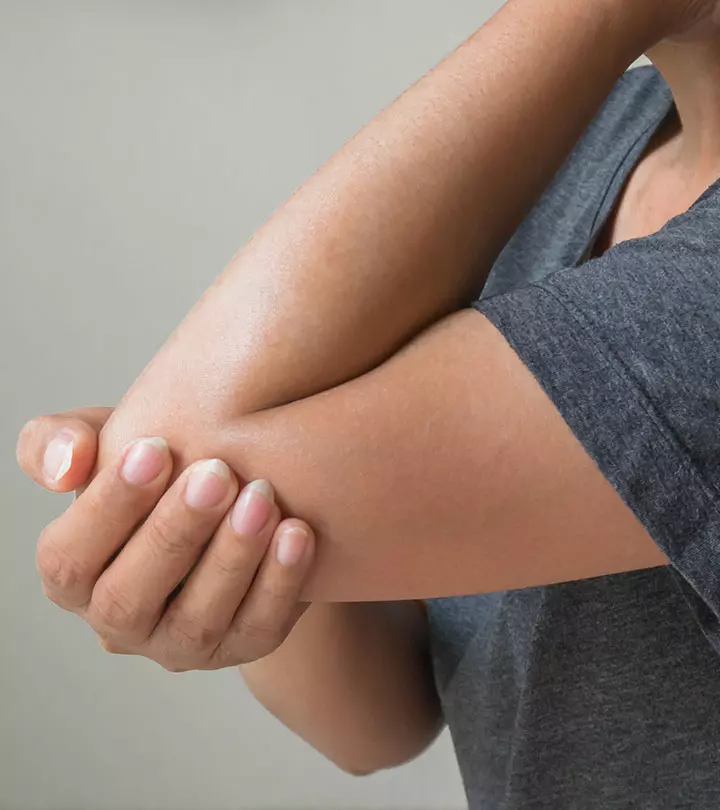



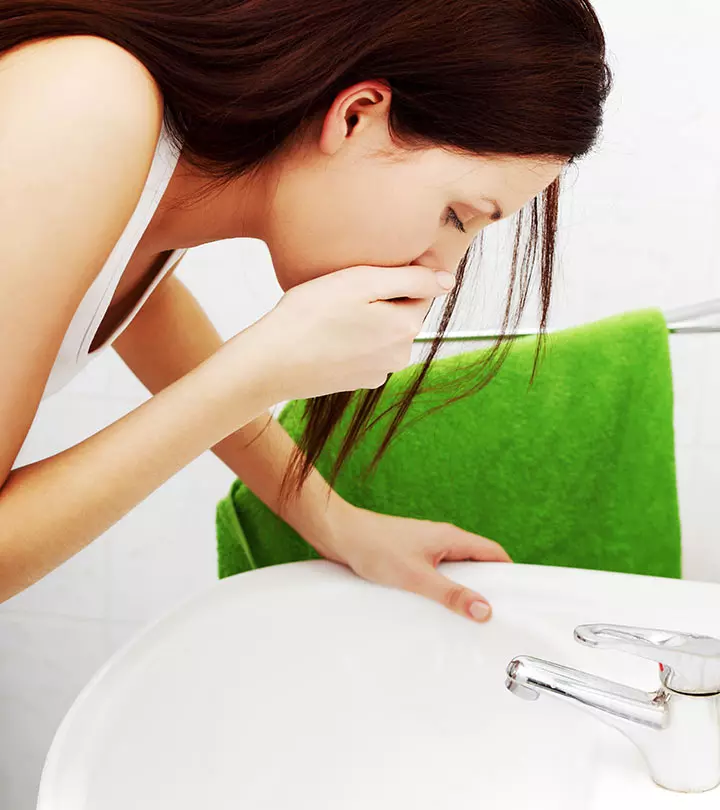

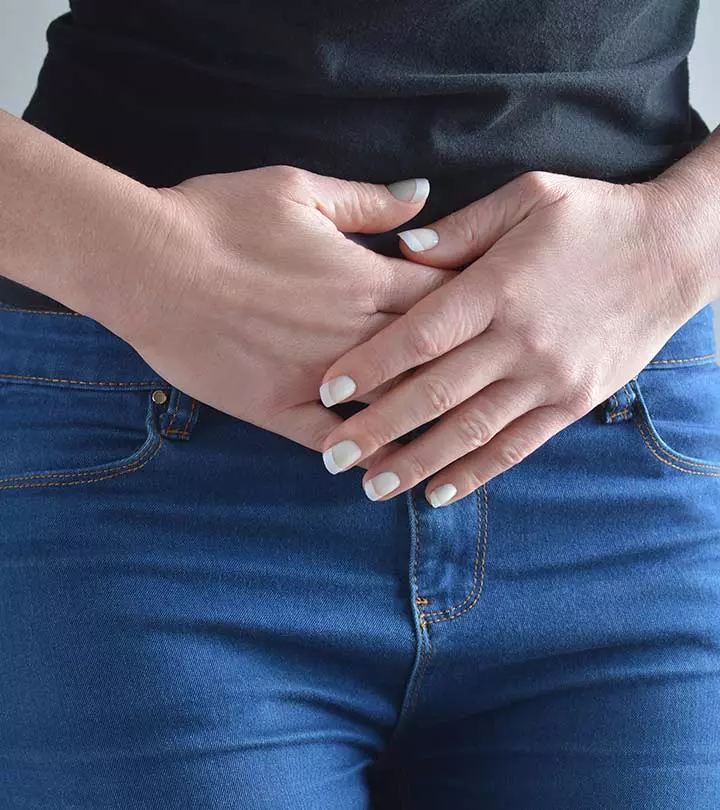




Community Experiences
Join the conversation and become a part of our empowering community! Share your stories, experiences, and insights to connect with other beauty, lifestyle, and health enthusiasts.